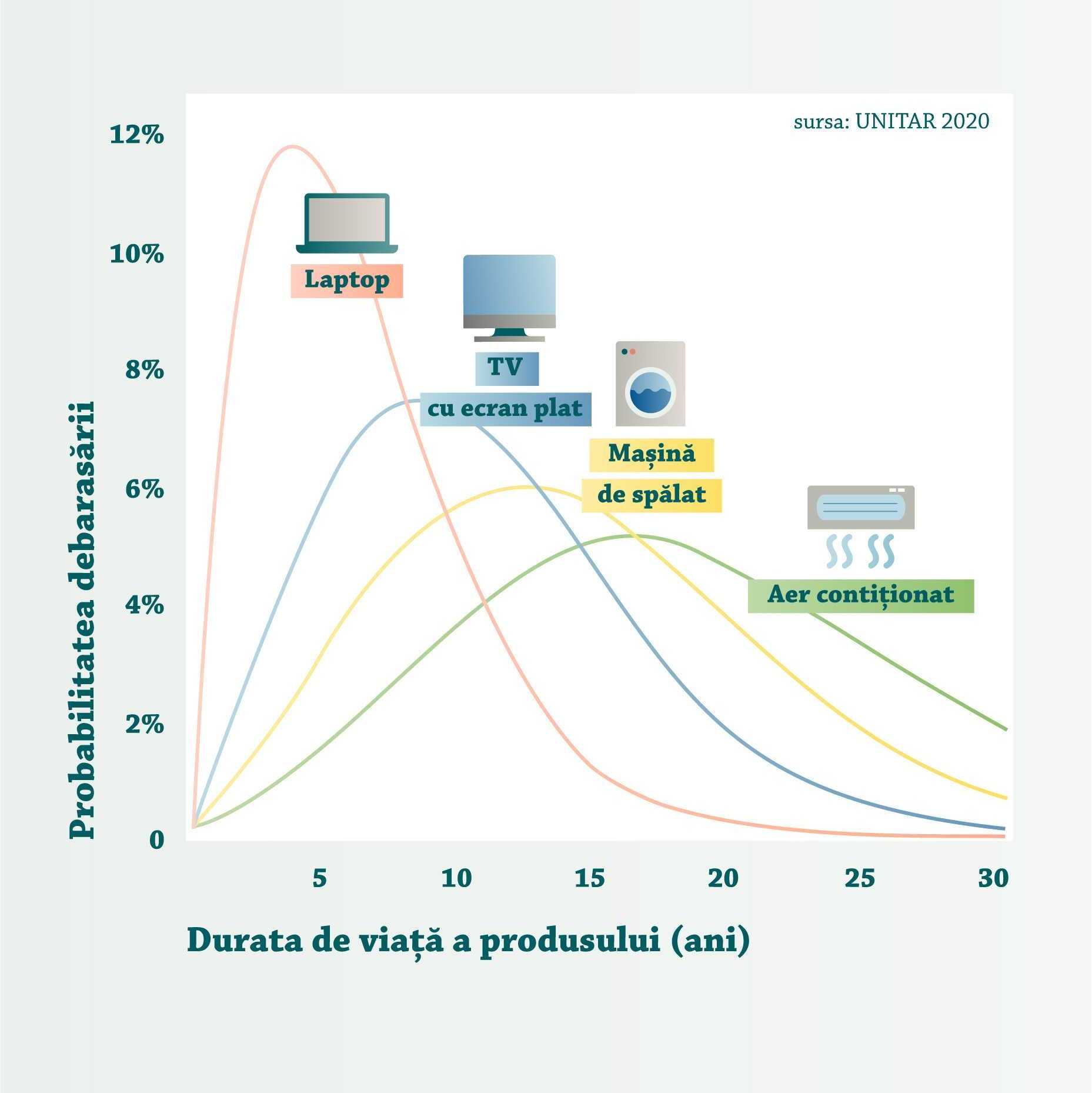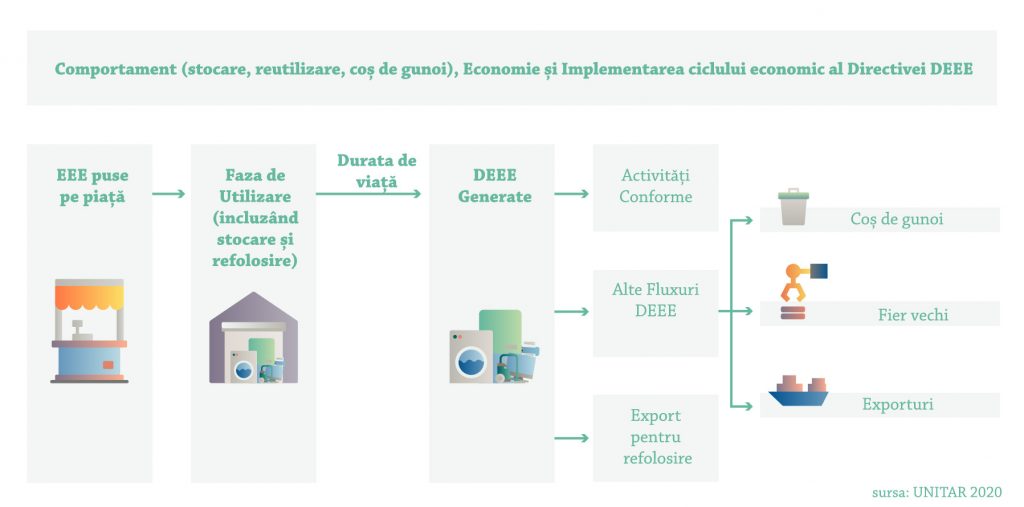Brussels, 25 November 2020

A group of leading European producer responsibility transfer organizations (TROs) is calling on the EU to review its WEEE (waste electrical and electronic equipment) policy. WEEE Forum, an organization made up of Producer Responsibility Transfer Organizations (TROs) around the world, presents a new vision that emphasizes the need to review the current system of extended producers' responsibility, including of the imposed targets, which are no longer appropriate in the current context.
Based on recent research by the United Nations Institute for Training and Research (UNITAR), amid the small number of EU Member States that can meet the 2019 collection targets for WEEE and despite significant progress in collecting increasing quantities WEEE Forum highlights four vital steps that need to be applied to ensure a fair and achievable system.
FOUR-STEP POLICY REVIEW
- The first step is application of the principle of "involvement of all actors"
It is a principle that involves all public and private entities that have access to WEEE, in the collection, logistics, preparation for reuse, reconditioning, treatment or recycling of WEEE or associated monitoring, legislative and implementation activities. All actors are subject to minimum legal obligations regarding, inter alia, compliance with the law, reporting to the competent authorities and compliance with official and communication standards.
Approaching the “all actors” principle means that all actors have legal obligations that the competent authorities must impose and verify in order to ensure that everyone contributes in accordance with legal requirements. This approach provides a fair perspective and equal market opportunities, as well as in-depth market monitoring.
2. Secondly, OTRs are required to collect only WEEE to which they have access, ie those at collection and retail points or handed over directly to OTRs and should not be liable for WEEE to which they do not have access , for example WEEE lost in the scrap stream.
For WEEE that is accessible to them, the collection obligation is 100%. The proposed approach also recommends a role for OTRs axat on means and not just on objectives. OTRs would also play an important role in supporting actions that will transform undeclared WEEE flows into officially reported and properly treated WEEE.
3. The third step It is suggested that more measures be introduced that the authorities should implement to support increased WEEE collection. These include setting up a coordinating body, improving the collection network and better monitoring WEEE flows.
4. Finally, a revision of the calculation method is required in setting the targets for the quantity of WEEE to be collected in each Member State. It is based either on the amount of electrical and electronic equipment placed on the market or on the amount of WEEE previously generated.
Commenting on this last step, Jan Vlak, President of WEEE Forum, mentioned:
"An approach of all actors and support measures will certainly increase collection rates, but it is not a guarantee for achieving the current targets. Unexpectedly, the research shows that the method used to calculate the current collection targets is not suitable for the purpose and determines inadequate targets and contrary to the intended purpose. This should become a priority. ”
He went on to say: “The main shortcomings of the WEEE target calculation methodology are the fluctuations in collection volumes due to economic cycles, inaccuracies related to the equipment placed on the market and the duration of their use. Moreover, the high collection targets based on the quantities placed on the market conflict with the current waste cycle hierarchy, which promotes the prevention of waste generation and the extension of the life of appliances. "
NOTES
The WEEE Forum document, which sets out its vision for the future of Extended Producer Responsibility, is available for download on the website at: https://weee-forum.org/wp-content/uploads/2020/11/EPR-and-the-role-of-all-actors_final.pdf
The UNITARY report, which forms the basis of what the WEEE Forum suggests: https://weee-forum.org/wp-content/uploads/2020/11/In-depth-review_WEEE-Collection-Targets-and-Rates_UNITAR_2020_Final.pdf
EXTRACT FROM THE UNITARY REPORT 2020

